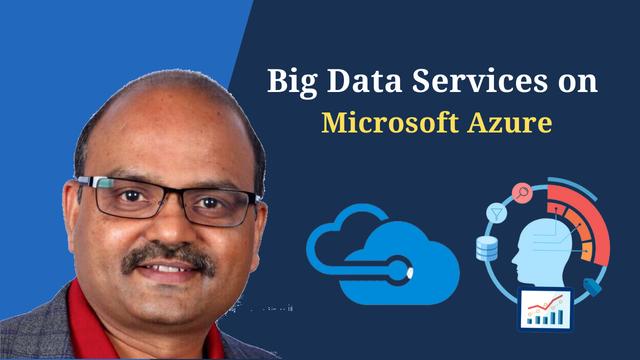Data Science & Machine Learning - Developer Certification
The Data Science & Machine Learning Developer Certification program provides a comprehensive set of knowledge and skills in data science, machine learning, and deep learning.
Course Overview
Skills you'll gain
What you'll learn
- Develop solutions to real-world machine learning problems
- Explain and discuss the essential concepts of machine learning and in particular deep learning
- Implement supervised and unsupervised learning models for tasks such as forecasting, predicting and outlier detection
- Apply and use advanced machine learning applications, including recommendation systems and natural language processing
- Evaluate and apply deep learning concepts and software applications
- Identify, source and prepare raw data for analysis and modelling
- Work with open source tools such as Python, Scikit-learn, Keras and Tensorflow
Who Should Attend
- Developers aspiring to be a data scientist or machine learning engineer
- Developers seeking to understand machine and deep learning to be more valuable in their role interfacing with data scientists
- Analytics managers who are leading a team of analysts
- Business analysts who want to understand data science techniques
- Information architects who need expertise in machine learning algorithms
- Analytics professionals who work in machine learning or artificial intelligence
- Graduates looking to build a career in data science and machine learning
Prerequisites
- Exposure to coding (Python is helpful but not an absolute must)
- Exposure to math or, at the very least, no aversion (linear algebra helpful but not required)
Modules
Explore a structured set of modules designed to build your skills step by step, with practical examples and hands-on applications.
Meet your instructors
Frequently Asked Questions
How much do the courses at Starweaver cost?
We offer flexible payment options to make learning accessible for everyone. With our Pay-As-You-Go plan, you can pay for each course individually. Alternatively, our Subscription-Based plan provides you with unlimited access to all courses for a monthly or yearly fee.
Do you offer any certifications upon completion of a course at Starweaver?
Yes, we do offer a certification upon completion of our course to showcase your newly acquired skills and expertise.
Does Starweaver offer any free courses or trials?
No, we don't offer any free courses, but we do offer 5-day trial only on our subscriptions-based plans.
Are Starweaver's courses designed for beginners or advanced students?
Our course is designed with three levels to cater to your learning needs - Core, Intermediate, and Advanced. You can choose the level that best suits your knowledge and skillset to enhance your learning experience.
What payment options are available for Starweaver courses?
We accept various payment methods such as major credit cards, PayPal, wire transfer, and company purchase orders. For more information related to payments contact customer support.
Do you offer refunds?
Yes, we do offer a 100% refund guarantee for our courses within a specified time frame. If you are not satisfied with the course, contact our customer support team to request a refund with your order details. Some restrictions may apply.


